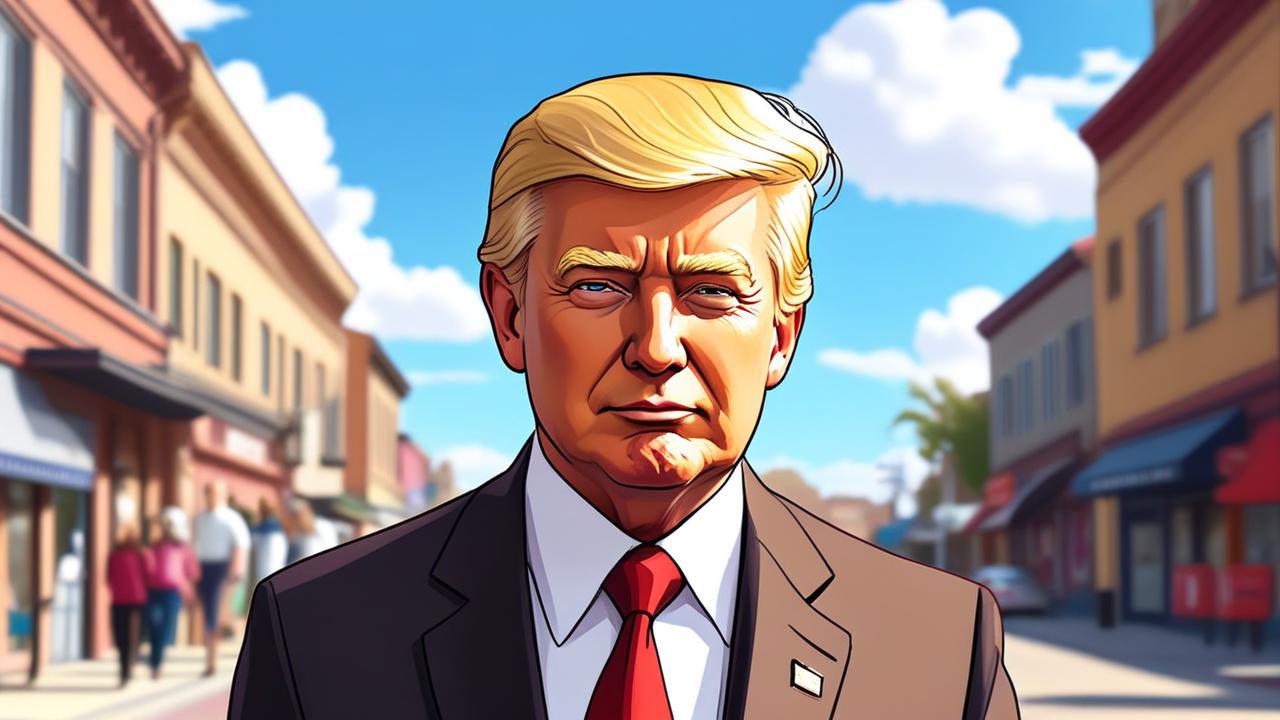In a historic move for digital asset regulation, President Donald Trump has officially signed the first-ever U.S. crypto-focused bill into law, reversing an IRS policy critics say threatened the future of decentralized finance.
Bipartisan Support and Industry Backlash
On Thursday, President Trump approved legislation overturning a 2023 IRS rule introduced during the Biden administration that would have required decentralized finance (DeFi) platforms to adhere to the same tax reporting standards as traditional brokers. The law marks the first crypto-specific legislation to be enacted by any U.S. president.

The repealed regulation had faced strong backlash from both crypto industry leaders and bipartisan lawmakers, who argued that the measure was unworkable and posed significant privacy and innovation risks. Under the now-defunct rule, DeFi platforms—built on automated, code-driven protocols—would have been mandated to collect and report personal tax data from users, a requirement many claimed was technically infeasible.
Representative Mike Carey (R-Ohio), who was present at the signing, praised the repeal, stating it allows the IRS to refocus on its core responsibilities. He called the original rule an unnecessary bureaucratic burden that could have overwhelmed both the agency and the emerging DeFi sector.
A Turning Point for U.S. Crypto Policy
Industry advocates similarly welcomed the legislative development. Amanda Tuminelli, Executive Director of the DeFi Education Fund, described the repeal as a “pivotal moment” for the U.S. digital asset ecosystem. “With this signature, the federal government signals a more balanced and innovation-friendly approach to crypto regulation,” she said.
Support for the bill crossed party lines, highlighting growing bipartisan interest in crafting more nuanced digital asset policies. The White House’s AI and crypto advisor David Sacks criticized the IRS regulation prior to the vote, labeling it a “midnight rule” imposed during a lame-duck presidency and warning of its potential to harm American competitiveness.
With the DeFi reporting requirement now officially off the books, the crypto industry is hailing the decision as a step toward greater regulatory clarity—and a signal that Washington may be warming to a decentralized future.
